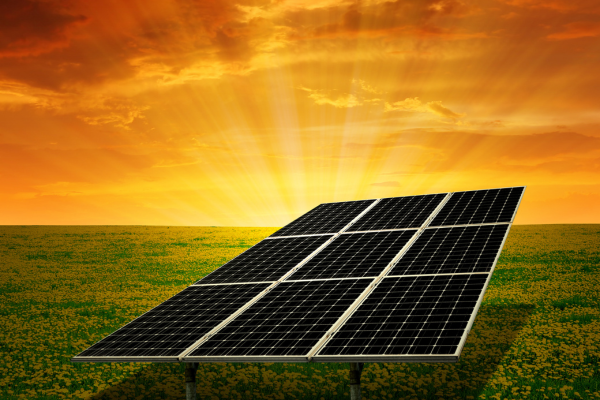Harnessing Potential: The Rise of Rural Energy Hubs
Rural Energy Hubs
As the world increasingly shifts towards sustainable energy solutions, rural energy hubs are emerging as vital players in this transition. These hubs serve as community-based energy sources that not only provide power but also drive economic growth and foster self-sufficiency in rural areas.
The Benefits of Rural Energy Hubs
The establishment of rural energy hubs offers numerous benefits. Firstly, they support local economies by creating jobs associated with energy production and distribution. Moreover, they reduce reliance on imported fuels, thus enhancing energy security for these communities. By harnessing local resources—such as solar, wind, or biomass—rural energy hubs significantly lower energy costs, making electricity more accessible for everyone.
Challenges and Future Prospects
Despite their advantages, rural energy hubs face several challenges. Infrastructure development can be expensive and complex, often requiring substantial investment from both public and private sectors. Moreover, there may be regulatory hurdles that need to be overcome to implement these projects successfully. However, with advances in technology and increasing support for renewable energy policies, the future of rural energy hubs looks promising. They play a crucial role in achieving broader sustainability goals while empowering local communities.


